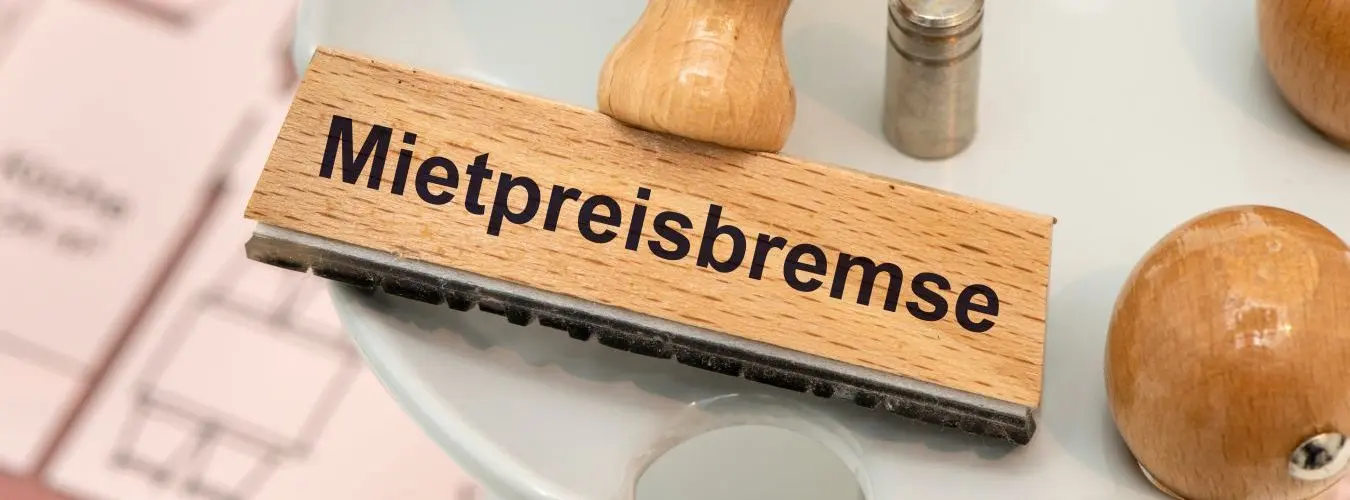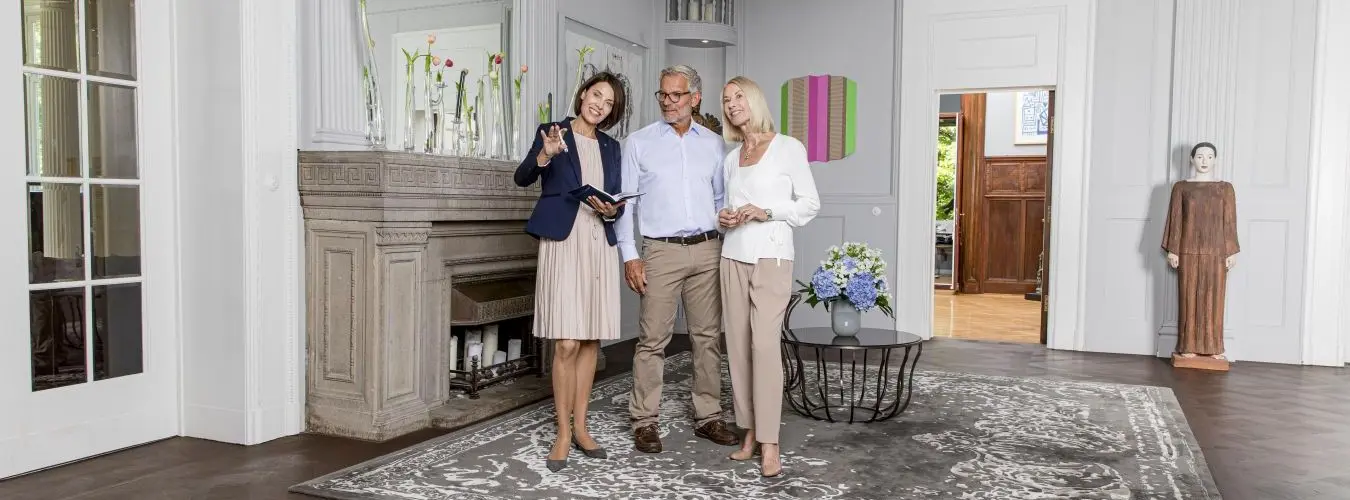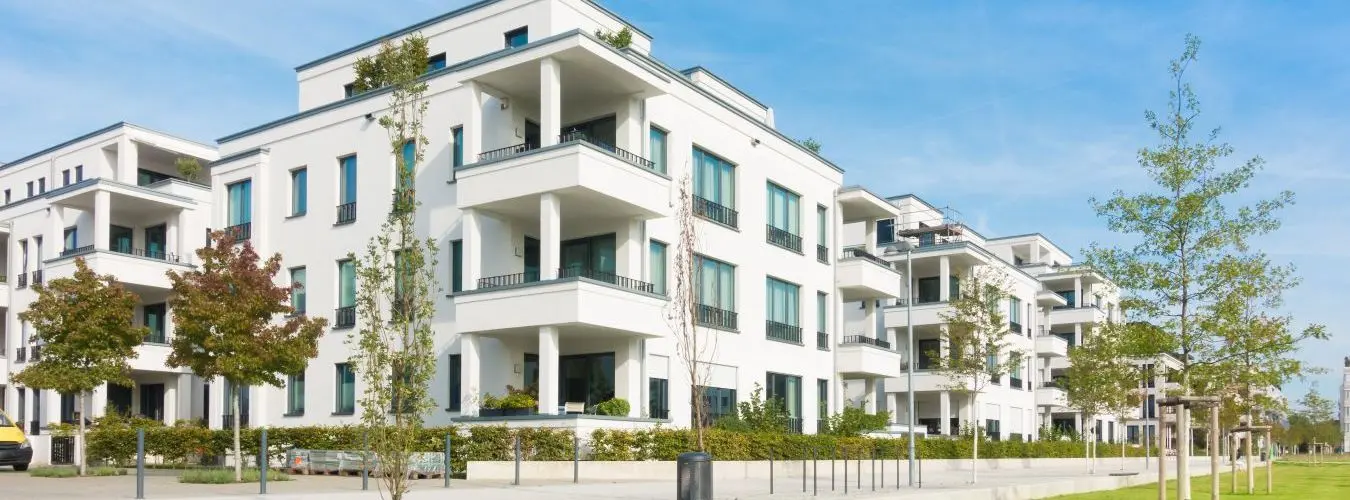Inherited a property? This can bring joy, but also challenges. If several people inherit the property, a community of heirs is formed in accordance with Section 2023 (1) of the German Civil Code (BGB), which must make joint decisions. The co-heirs are responsible for managing the property and must find a common way of dealing with the inheritance. However, experience shows that such decisions are not always easy, especially when opinions among the heirs differ greatly. In many cases, selling the property proves to be the most sensible option. In this guide article, we explain why this is the case and what aspects heirs should consider.
What is a community of heirs?"
"A community of heirs is created when several heirs jointly manage an inherited asset. This can happen either through statutory succession if there is no sole heir or through a testamentary disposition or an inheritance contract in which the testator has designated several heirs," explains Tim Wistokat, LL.M., lawyer and head of the legal department at VON POLL IMMOBILIEN. "Within the community of heirs, the individual persons are referred to as co-heirs. Each co-heir has an inheritance quota that determines what share of the total inheritance they receive. This inheritance quota determines the size of the individual inheritance share of each co-heir."
This inheritance quota is based on the statutory order of succession or on the testator's instructions in the will. First-order heirs include spouses, children and grandchildren; second-order heirs include parents, siblings, nieces and nephews; third-order heirs include grandparents, aunts, uncles, cousins and fourth-order heirs include great-grandparents, great-aunts and great-uncles, great-cousins and great-cousins. The statutory right of inheritance applies exclusively to biological or adopted children and direct relatives of the deceased, while stepchildren and parents-in-law are excluded.
































